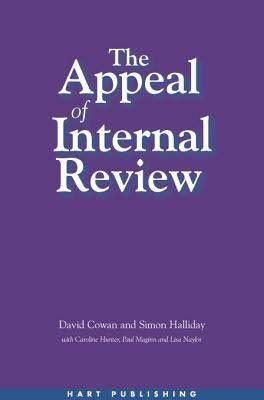Applicants for homelessness assistance who are aggrieved by a local authority’s discretionary decision against their interests, can request a review of that decision. These reviews are an incredibly important part of the homelessness decision-making process – a negative decision made by a local authority can leave an applicant with what one Judge has described as the “mark of Cain”.
An applicant who does not seek a review cannot appeal a negative decision; if the applicant does appeal their decision, but fails to make all the relevant points, judicial guidance is that such matters cannot be raised on a subsequent appeal. So, both substance and procedure are in play at this crucial stage of internal review.
Since the early 1990s, myself and my colleagues Caroline Hunter and Simon Halliday, (both currently at York Law School) have conducted research in to homelessness internal reviews—on which we published The Appeal of Internal Review. Law, Administrative Justice and the (non-) Emergence of Disputes (Hart 2003) and ‘Adjudicating the implementation of homelessness law: The promise of socio-legal studies’ (2006) 21(3) Housing studies 381.
Our research has been both qualitative and quantitative. A central reason for our continued research effort has been that nobody – government or other agency – keeps any data on the use of the internal review process. This is an inexcusable oversight. So much data is kept on so much decision-making, especially around homelessness (as local authorities must make quarterly returns to the Department for Communities and Local Government, “DCLG”). The only reason I have heard in over 20 years of our enquiries is that the review process falls between two government departments – the DCLG and Ministry of Justice.
